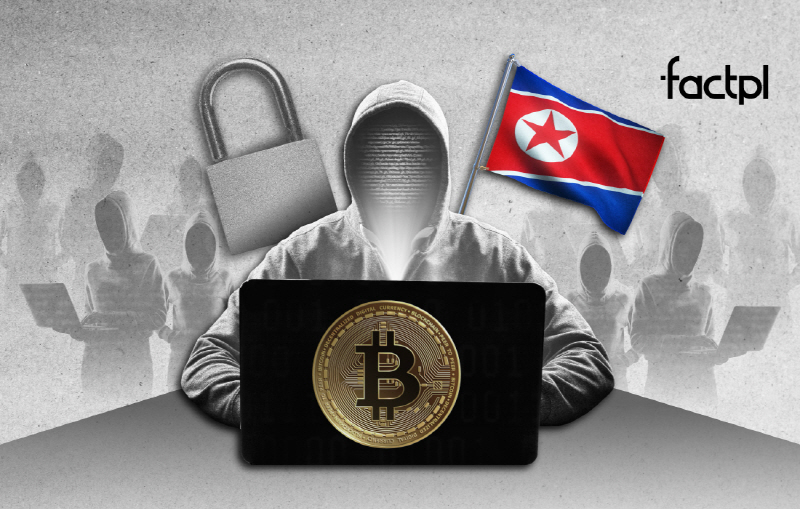South Korea’s intelligence agency revealed that North Korea has stolen virtual assets worth 2.4 trillion won (approximately $1.75 billion) since 2016 and is intensifying its cyber attacks.
In an interview with DongA Ilbo on July 31, Yun Oh-jun, the third deputy director of the National Intelligence Service (NIS), emphasized that various South Korean institutions, including local governments, are being targeted.
“North Korea began actively stealing virtual assets since Bitcoin gained prominence in 2016,” Yun said. It is believed that the stolen funds are used to finance the development of weapons of mass destruction (WMDs) and military provocations.”

When asked about the amount stolen, which appears less than the estimates by private security firms, Yun explained, “The figure includes only cases where domestic and international investigative and intelligence agencies have conclusively identified North Korea as the perpetrator. Including all suspected cases, as private firms do, could lead to collateral damage to innocent parties during the asset freeze and sanctions process, so we approach this cautiously.”
He said government efforts are being made to freeze the assets to prevent them from being cashed out.
“Methods include complicating the money laundering process and increasing transaction costs by using high-fee, over-the-counter brokers,” he added. “The goal is to reduce the inflow of funds into North Korea. The government has only actively responded to virtual asset theft for the past 2 to 3 years.”
Yun also confirmed that North Korea used ChatGPT to identify hacking targets such as experts on North Korean issues in South Korea or think tank personnel.
According to Yun, North Korea attempted to disguise its IT personnel for employment at South Korean companies.
“There were attempts last year, but fortunately, they did not reach the final employment stage,” he said. “However, there have been numerous cases of disguised employment targeting foreign companies due to the prevalence of remote interviews and work, making identity verification relatively lax.”

“Since Kim announced the ‘Local Development Policy’ in January, there has been an increase in hacking attacks targeting our construction and machinery sectors, as well as local government officials,” Yun said.
“It appears that North Korea aims to hack into local governments to enhance administrative efficiency and upgrades at the city and county levels.”
When asked about North Korea even hacking its ally, Russia, Yun explained that, “There is evidence that North Korea, while providing war materials to Russia, has stolen and re-sold defense and military logistics-related information and technology. It has also been reported that North Korea hacked the Russian satellite developer ‘Sputniks’ to acquire small satellite-related technology.”
BY YOUNGNAM KIM [kim.youngnam@koreadaily.com]






